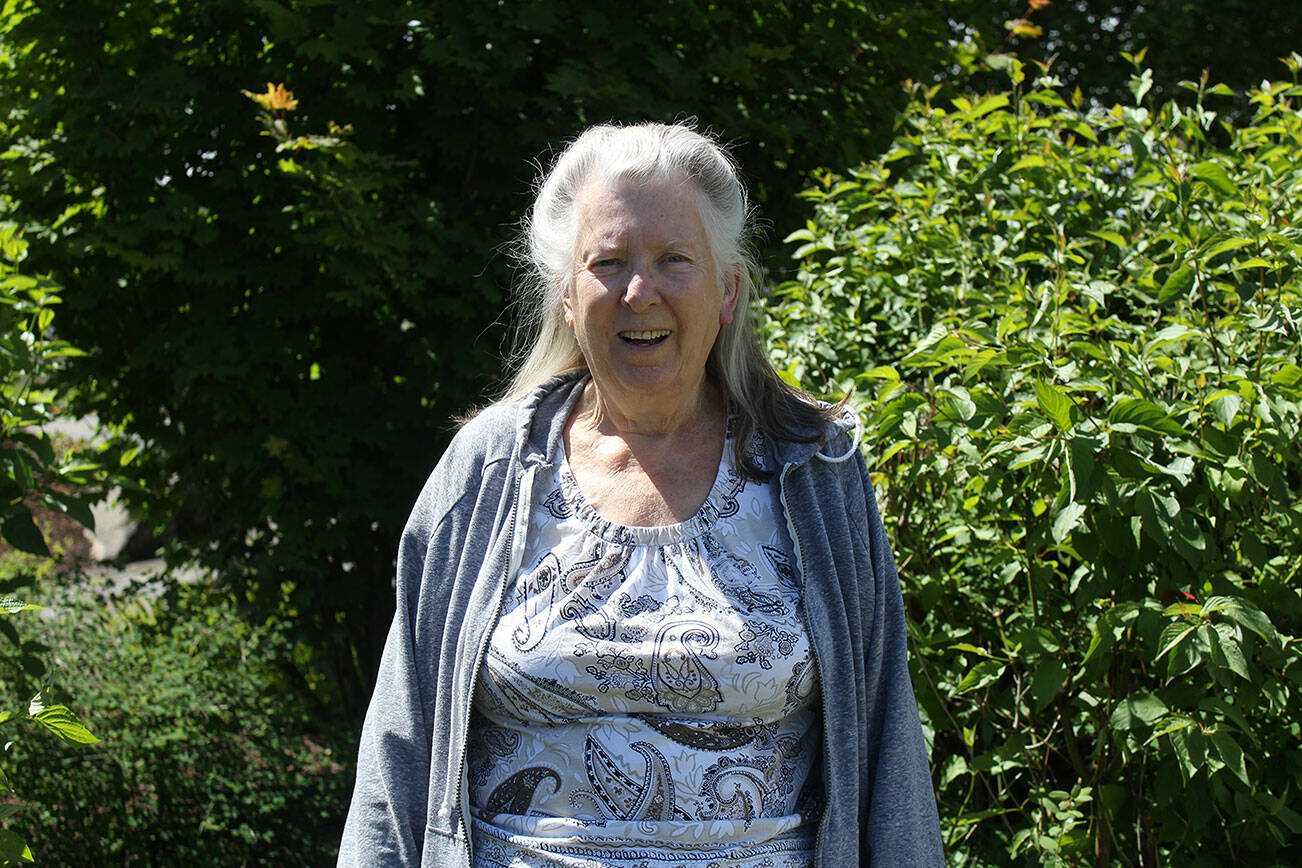This edition of Carol Spell’s “Education, Appreciation, and Action” column appeared in the Nov. 24th edition.
Maybe you would see me as a dreamer, or someone who lives in a world of imagination, but I have faith in people and I believe the majority of individuals we know are good people. They often help out when needed and try to build good families and communities. Most have an education, have learned a skill or a trade and are a functioning member of society. People that I am proud to call family and friends.
With these qualifications, would you think that there was ever a need for more education? Would there be any gain from a new understanding of our place in this day? We have already discussed the importance of educating our children and youth in other stories in this newspaper as “The Gift of Education”, and “The Magnificent Power of Youth”. We are always looking for the new information and opportunities, so this next story is about the rest of us.
We all have a need for purpose. To assist in this discovery, first we need to educate ourselves. We need to be certain that we can accomplish anything we put our heart into. It stands to reason that we never lose the need and desire to learn more, to understand better and to feel more confident in our future. Then, we can learn to apply our knowledge and gain understanding of what may be some next steps. Do we learn to paint, to build, to garden, or maybe more a ambitious goal of nursing or engineering — so many choices, so much potential. Gaining knowledge can be most enjoyable.
Now let talk about this process. There are three different areas of purposeful education; material, human and spiritual.
Material education is about the body. It is about our nutrition, our health and state of mind. Without success in these areas, there is sickness and lack of ambition. This area of knowledge is about priorities. We can choose what we eat, what exercise we do, what doctors we see. Free will entitles us to make our own decisions, and the consequences — both good and bad are in part our own doing. As a society, we choose whether to spend money to cure illness or to make profits a priority. An example of this choice is that because a very huge amount of money was directed to scientific discovery, we now have a vaccine to fight the coronavirus.
“Human education is about civilization and progress, It deals with governance, social order, human welfare, commerce and industry, arts and sciences, momentous discoveries, and great undertakings” (“Arising to serve” Ruhi Institute, 2020). These are areas where people inclined to give service excel. This is how we got to the moon and this is how we changed the entire method of communication with the invention of the internet. This also, unfortunately, is where the largest part of re-education is needed the most. While many great things took place in the last few decades, too many have gone unattended. Human welfare has been marginalized by profit. Justice has often been overlooked in favor of politics. Conspiracy theories have replaced truth.
Spiritual education is the most important and misunderstood learning, even though its effects are easily seen. Many see the words “spiritual” and “church” as synonyms, but church is a means of holding gatherings to provide inspiration and information about spiritual issues. These gatherings are as varied as there are countries, religions and instructional methods. Spiritual in this context is meant to refer to the behaviors and attributes that reflect a higher nature. “Spiritual education consists in acquiring divine perfections. This is true education, for by its aid the spiritual nature, the higher nature, of the human being is developed.” (“Arising to serve”, Ruhi Institute)
“There are spiritual principles, or what some call human values, by which solutions can be found for every social problem, Any well intentioned group can in a general sense devise practical solutions to its problems, but good intentions and practical knowledge are usually not enough. The essential merit of spiritual principle is that it not only presents a perspective which harmonizes with that which is immanent in human nature, it also induces an attitude, a dynamic, a will, an aspiration, which facilitate the discovery and implementation of practical measures.” (Universal House of Justice, The Promise of World Peace)
Examples of this higher, spiritual nature include: honesty, sincerity, fidelity, truthfulness, kindness, compassion, and praiseworthy deeds. Can you imagine if this were common in all, or any, element of society? Those of us who can still dream know that one day it will happen. It starts with one. One person leads to two and pretty soon it becomes a pattern, and then you become the one who leads the next one, and so on. How about we try to build these good patterns, expand our knowledge and understanding and forget the ones that are unkind and of no value. When there is a realization that the problems of this country, and this world, are indeed all in need of these spiritual answers, what a different world we would be in, just if people chose to really try to use these examples. It is a beginning.
“Let the loved ones of God, whether young or old, whether male or female, each according to his capabilities, bestir themselves and spare no efforts to acquire the various current branches of knowledge, both spiritual and secular, and of the arts” (Abdu’l-Baha, Compilation of Compilations).


